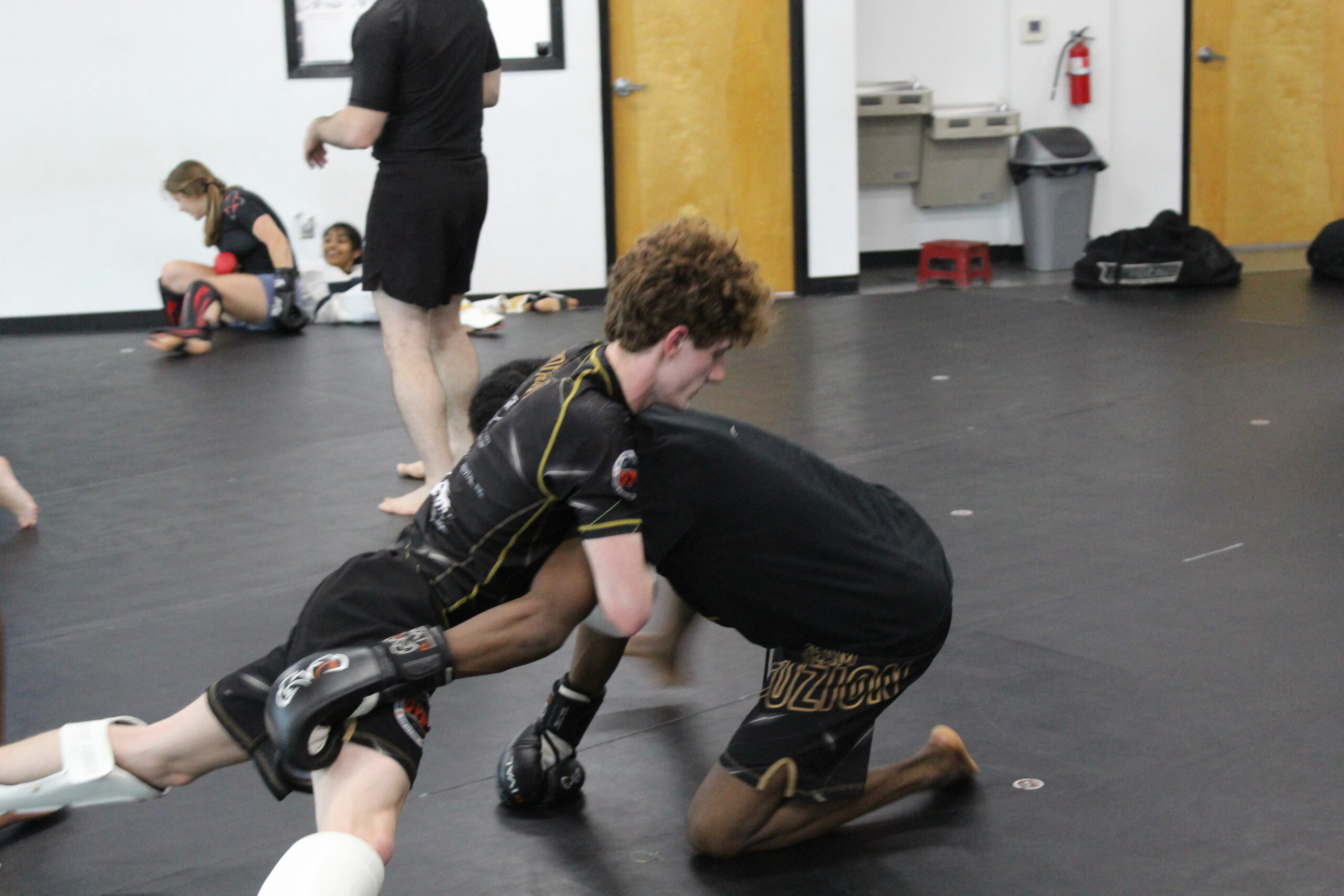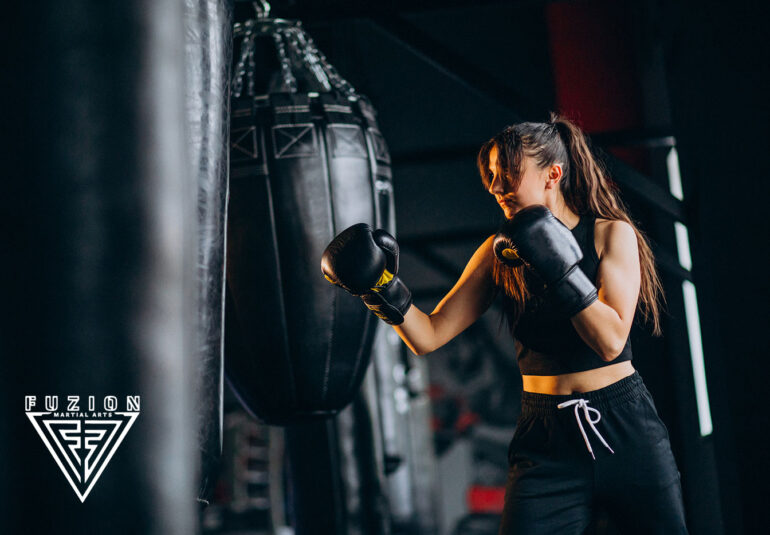
- 446
When it comes to self-defense, few martial arts have earned the respect and real-world credibility that Brazilian Jiu-Jitsu (BJJ) has. Unlike flashy techniques or stylized forms, Jiu-Jitsu offers something more practical: control, leverage, and the ability to neutralize threats without relying on size or strength. But what makes it so effective?
Jiu-Jitsu is rooted in the idea that a smaller, weaker person can defeat a larger, stronger attacker through the use of technique and leverage. This principle makes it ideal for self-defense, especially in situations where the defender may be physically outmatched. Joint locks, chokes, and positional control don’t rely on brute force—they rely on mechanical advantage.
Unlike some martial arts that reserve full-contact sparring for rare occasions, Jiu-Jitsu practitioners “roll” (spar) regularly. This live, unscripted training develops reflexes, timing, and calmness under pressure—critical attributes in real-life altercations. The ability to test techniques against resisting opponents builds confidence that they’ll work when it matters.
Most real fights end up on the ground. Jiu-Jitsu specializes in exactly that—controlling, escaping, and submitting from ground positions. Instead of panicking or relying on striking alone, a trained BJJ practitioner can stay calm and apply technique to either escape or dominate a confrontation without having to injure the other person.
Jiu-Jitsu gives you the ability to neutralize threats without throwing a single punch. This is a major advantage in self-defense scenarios where legal or moral considerations come into play (e.g., school altercations, security settings, or situations involving family members). Submissions and positional holds give you the power to de-escalate without causing lasting harm.
BJJ is highly adaptable. Whether standing or on the ground, in a confined space or wide open, against a single person or multiple attackers, Jiu-Jitsu provides concepts of distance control, body mechanics, and situational awareness. It teaches practitioners how to think under pressure, react strategically, and stay safe in chaos.
Perhaps one of Jiu-Jitsu’s greatest strengths is psychological. Practicing BJJ consistently builds confidence without arrogance. Knowing you can protect yourself (and others) changes how you walk through the world. It also makes you more aware of your surroundings, more in control of your emotions, and less likely to escalate a situation unnecessarily.
Brazilian Jiu-Jitsu isn’t about looking cool—it’s about staying safe. It teaches what to do when things go wrong, when you’re on your back, when you’re tired, or when you’re afraid. And that’s why it’s one of the most effective and proven self-defense systems in the world.
Whether you’re a beginner or seasoned martial artist, Jiu-Jitsu offers something uniquely powerful: real skill for real situations.


